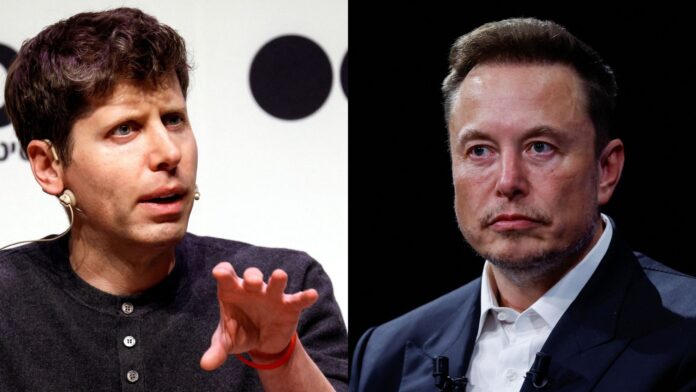OpenAI, the artificial intelligence research company that Elon Musk co-founded in 2015, is the target of a lawsuit that Musk filed. Musk is charging OpenAI with abandoning its initial charitable goal in favour of making money. The most recent legal action between Musk and OpenAI puts an end to years of growing hostilities. Here is a summary of the sequence of events that preceded the lawsuit.
Musk’s dissatisfaction with OpenAI’s course
For years now, Musk has voiced his displeasure with OpenAI’s direction. In 2018, he formally resigned from the board of OpenAI, citing possible conflicts of interest with his electric car company, Tesla.
However, reports claim that Musk’s annoyance at OpenAI lagging behind competitor AI labs was the true cause. Sam Altman, the CEO of OpenAI, and the other founders rejected Musk’s proposal to take over the company directly in order to control it.
Musk broke his promise to donate roughly $1 billion to OpenAI over time by stopping to fund the company after this rejection. As a result, Musk’s promised funding for expensive AI research was no longer available to OpenAI.Soon after, in an effort to seek outside funding, the nonprofit changed its status to for-profit, with Microsoft emerging as a significant backer. Musk was only made more hostile by this corporate direction.
Musk’s open critique of the business strategy of OpenAI
Shortly after OpenAI debuted its popular ChatGPT chatbot in December 2022, Musk withdrew OpenAI’s authorization to use Twitter data. Prior to buying Twitter, Musk had given OpenAI access to Twitter’s vast amount of data.
In February 2023, Musk also criticised OpenAI on Twitter for deviating from its initial open source nonprofit mission:
“OpenAI was founded as an open source—hence the name ‘Open’ AI—non-profit organisation to act as a check on Google. However, it is currently a closed source, maximum-profit organisation that is essentially under Microsoft’s control.”
Next, in March 2023, Musk raised a direct doubt about the legitimacy of OpenAI’s transition from a nonprofit to a highly esteemed for-profit company:
“How a non-profit that I gave about $100 million to became a $30 billion market capitalization for-profit still baffles me. “If this is lawful, why isn’t it practiced by everyone?”
The ongoing legal action demanding donation refunds
According to Musk’s lawsuit, OpenAI and Altman have abandoned the company’s original nonprofit mission of creating artificial intelligence for the good of humanity.
Musk contends that OpenAI is now entirely focused on maximising returns for backers like Microsoft, which has invested more than $10 billion in the company’s for-profit division.
Musk cites OpenAI’s refusal to divulge information about its potent GPT-4 language model, which expands on ChatGPT technology, as evidence.
In addition, Musk is requesting the return of the $44 million he gave OpenAI prior to cutting ties. He contends that OpenAI manipulated these contributions by pretending to be a nonprofit research organisation.
The inconsistencies
There are many contradictions in the entire story. In the beginning, Musk positioned OpenAI as a counterweight to the dominance of big tech and Google in AI research.
Microsoft, however, has now emerged as OpenAI’s largest supporter, providing it with enormous cloud computing resources. OpenAI has essentially integrated into the Big Tech complex that Musk intended to keep under control.
Musk criticising OpenAI for a lack of openness and transparency is also ironic. Many have harshly criticised Musk for leading the social media company in an opaque and chaotic manner since he acquired Twitter.




































